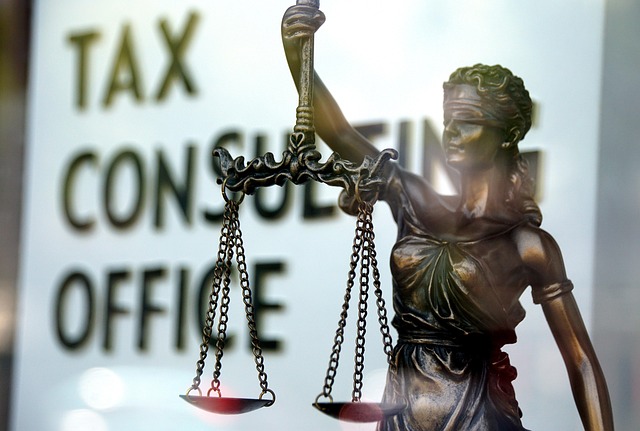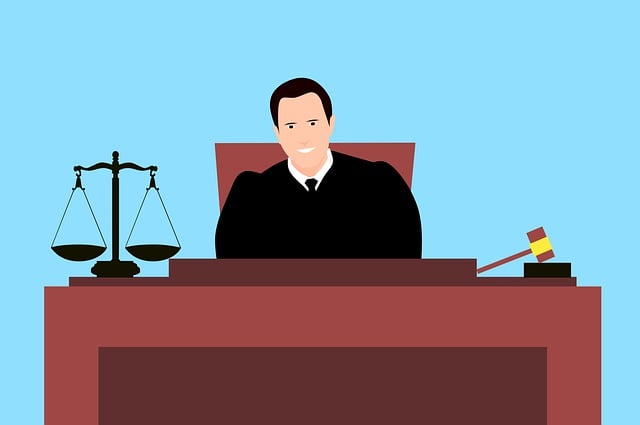C-Level investigations, triggered by misconduct allegations, are high-pressure, data-driven processes with significant consequences. The Right to Counsel in Criminal Cases is a cornerstone of fair legal proceedings, providing individuals with access to legal representation during investigations and protecting them from self-incrimination. Balancing fact-finding with ethics is crucial; best practices include transparency and legal counsel involvement. Post-investigation, experienced legal teams navigate complexities, ensuring fairness, minimizing errors, and maximizing positive outcomes, upholding the Right to Counsel and promoting a culture of integrity.
In today’s complex corporate landscape, C-level investigations are crucial for upholding integrity and accountability. This comprehensive guide explores the intricacies of these high-stakes inquiries, focusing on key aspects like understanding their impact, ethical conduct, and the vital role of the Right to Counsel in ensuring fair legal procedures. From launching investigations to post-investigation stages, we delve into best practices that promote justice and transparency, emphasizing the significance of the Right to Counsel in Criminal Cases.
- Understanding C-Level Investigations and Their Impact
- The Right to Counsel: A Cornerstone of Fair Legal Procedures
- Launching Investigations: Ethical Considerations and Best Practices
- Navigating Post-Investigation Stages: Ensuring Justice and Accountability
Understanding C-Level Investigations and Their Impact

C-Level investigations refer to high-stakes inquiries involving corporate leaders and executives, often sparked by allegations of misconduct or legal violations. These investigations can have profound implications for individuals, companies, and even industries as a whole. They are characterized by stringent legal protocols and meticulous data collection, ensuring fairness and due process, especially with the crucial consideration of the Right to Counsel in Criminal Cases.
The impact of C-level investigations extends far beyond the immediate situation. They can shape corporate culture, influence regulatory landscapes, and drive changes across general criminal defense strategies nationwide. Achieving extraordinary results in these cases often necessitates a blend of legal acumen, strategic navigation through complex regulations, and a deep understanding of the unique challenges presented by high-profile individuals accused of misconduct.
The Right to Counsel: A Cornerstone of Fair Legal Procedures

The Right to Counsel is an indispensable cornerstone of fair legal procedures, particularly in criminal cases. This fundamental right guarantees that individuals facing potential charges have access to legal representation from the outset, ensuring their interests are protected throughout all stages of the investigative and enforcement process. Whether dealing with white-collar or economic crimes, this principle applies equally to both corporate and individual clients.
Having legal counsel during investigations plays a pivotal role in safeguarding against potential miscarriages of justice. Attorneys can guide clients on their rights, question evidence, and navigate complex legal landscapes, ensuring that their clients’ interests are not compromised at any point. This is especially crucial in the context of white-collar crimes, where corporate and individual clients may face severe consequences without adequate representation.
Launching Investigations: Ethical Considerations and Best Practices

When launching investigations, especially at the C-level, it’s paramount to navigate a delicate balance between thorough fact-finding and upholding ethical standards. The Right to Counsel in Criminal Cases is a cornerstone principle that must be respected throughout the process. This right ensures individuals are protected against self-incrimination and guarantees access to legal representation, fostering fairness and due process. Therefore, any investigation should commence with clear guidelines and protocols to safeguard these rights.
Best practices involve maintaining transparency, ensuring confidentiality where necessary, and allowing for robust legal counsel involvement. By upholding these standards, investigations can yield credible results while also protecting the respective business interests and civil liberties of individuals involved. This approach fosters a culture of integrity, enhancing the chances of winning challenging defense verdicts and potentially leading to the complete dismissal of all charges.
Navigating Post-Investigation Stages: Ensuring Justice and Accountability

After a thorough C-Level investigation, navigating the post-investigation stages is crucial to ensure justice and accountability. This includes meticulous documentation, fair hearings, and respect for legal rights such as the Right to Counsel in Criminal Cases. A well-managed transition through these stages can significantly impact the outcome for all parties involved.
The process demands careful navigation, especially when dealing with high-level cases that often have complex legal implications. An experienced legal team with an unprecedented track record in representing clients throughout all stages of the investigative and enforcement process is vital. Their expertise ensures that every step is taken to uphold fairness and accountability, leaving no room for error or misinterpretation.
C-Level investigations, with their profound impact on organizational integrity and individual accountability, demand a nuanced approach. Balancing ethical considerations, best practices, and a strong Right to Counsel in criminal cases is essential for ensuring justice and fairness throughout the process. By understanding the post-investigation stages, we can foster a culture of transparency and accountability, ultimately revolutionizing how these investigations are navigated.






